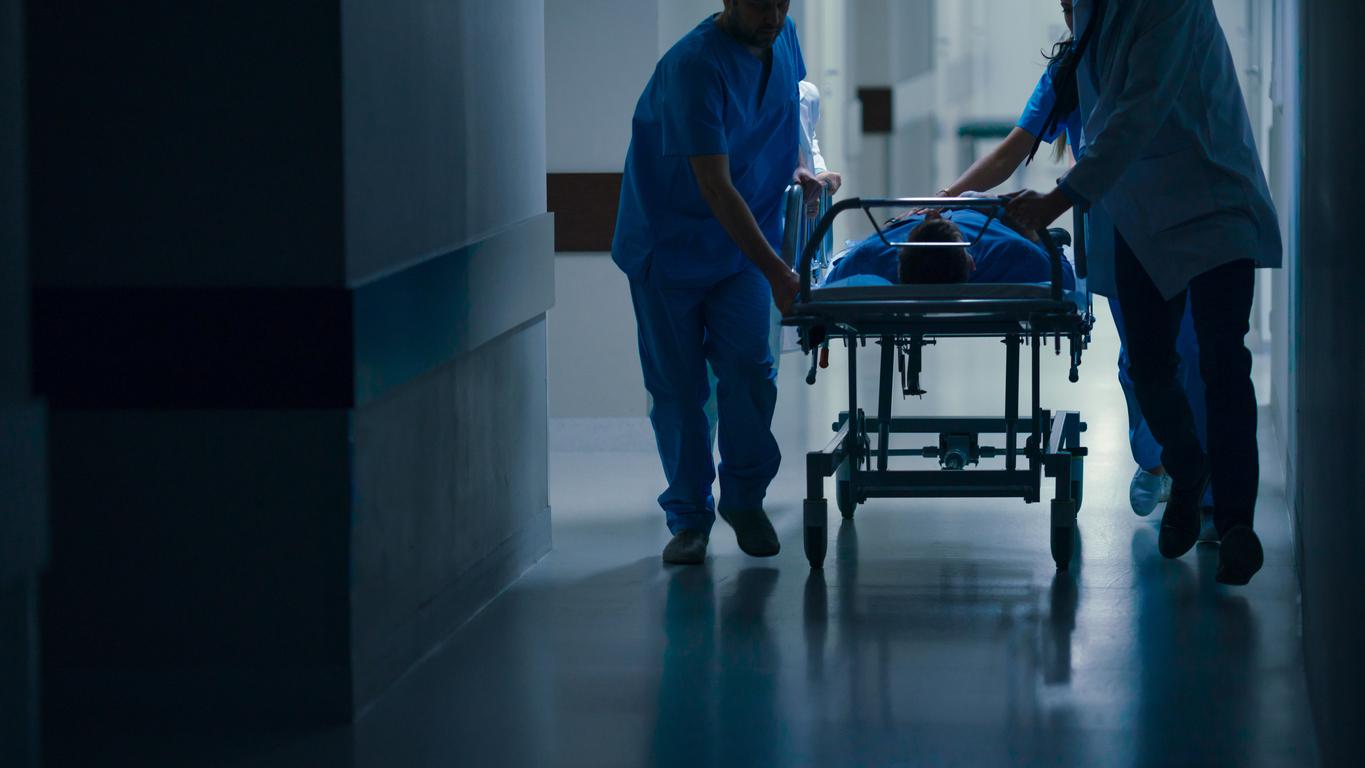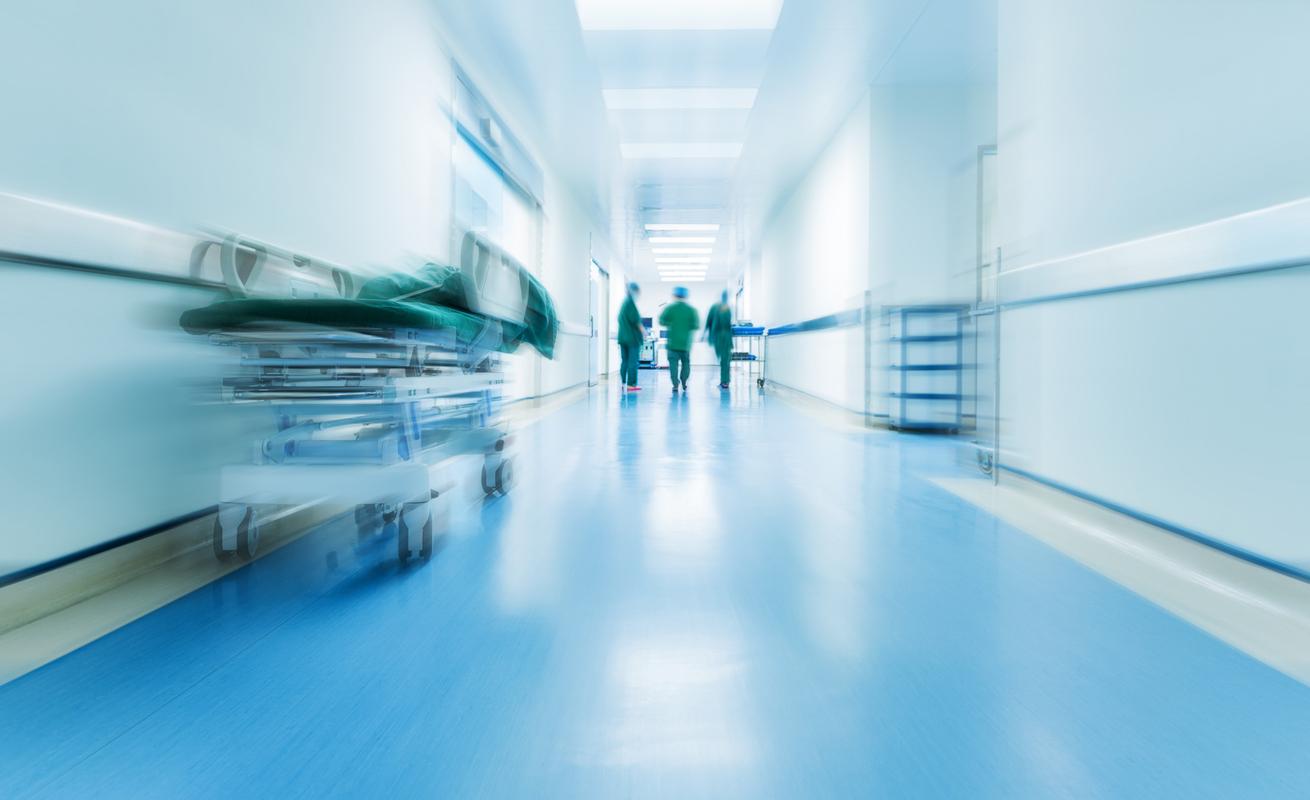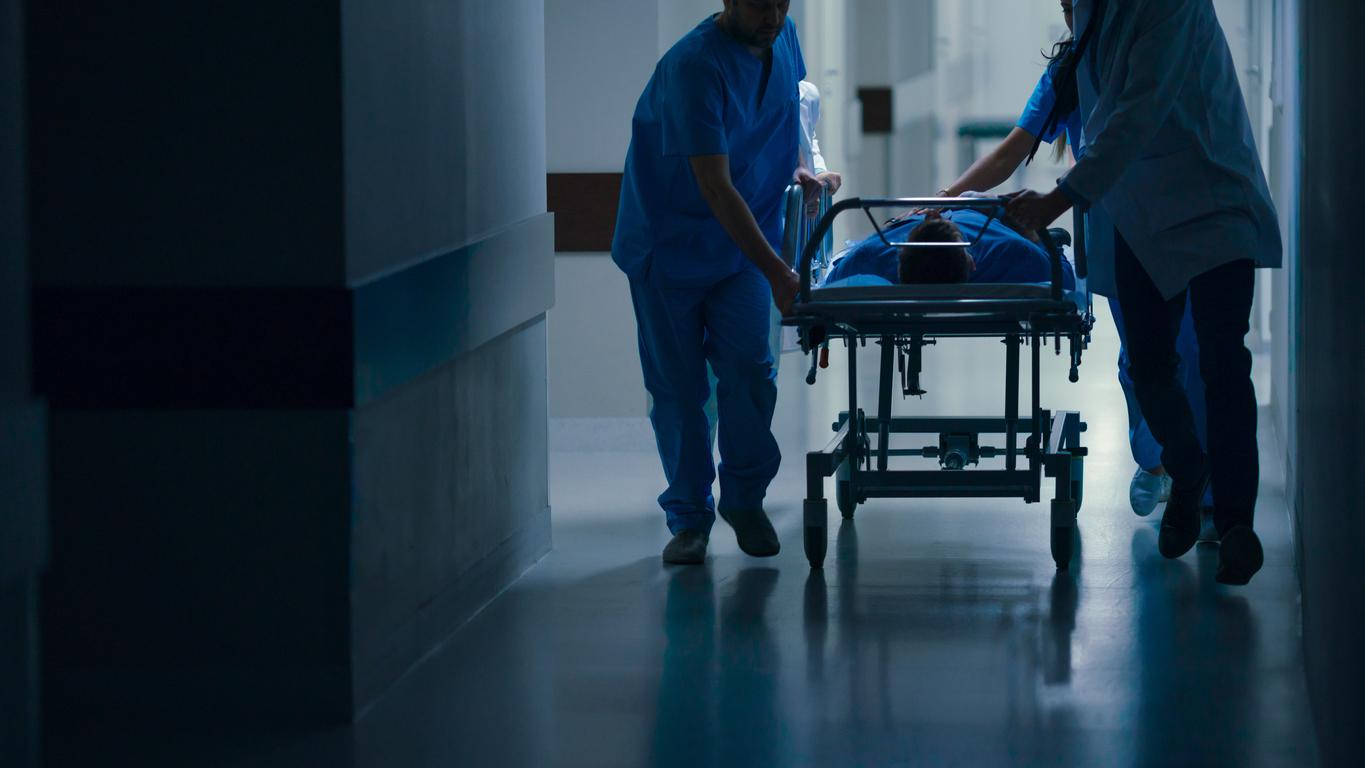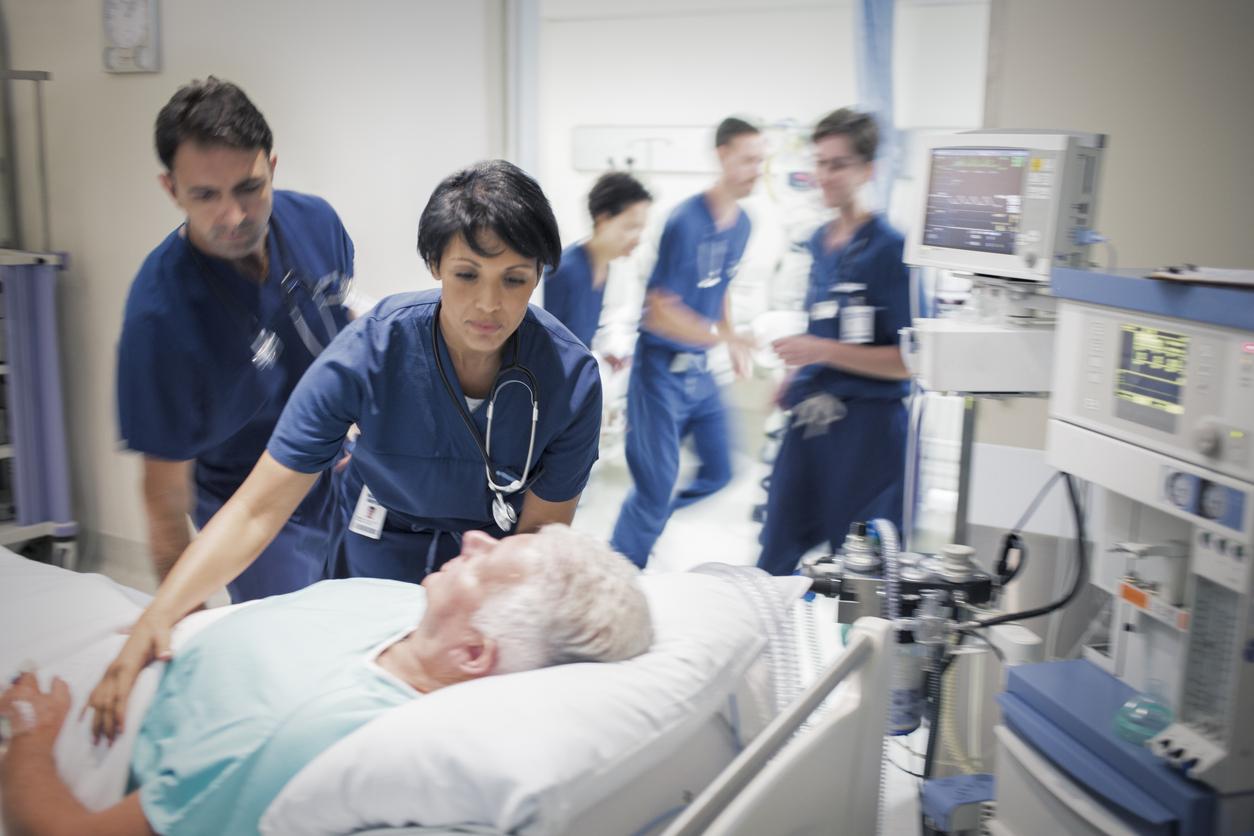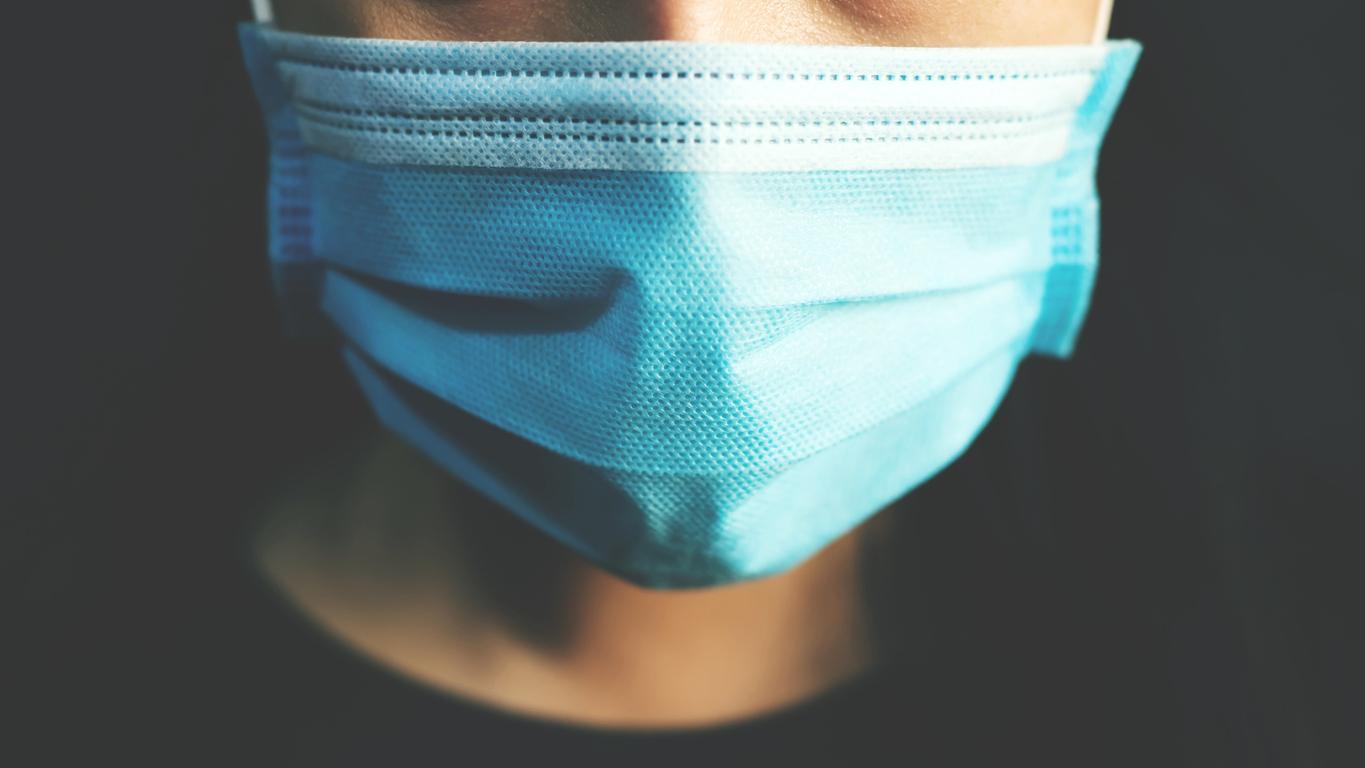Agnès Buzyn announced a series of new measures to “improve the situation” in the public emergency sector, which has been largely on strike for months. But his promises failed to calm the anger of the protesters.
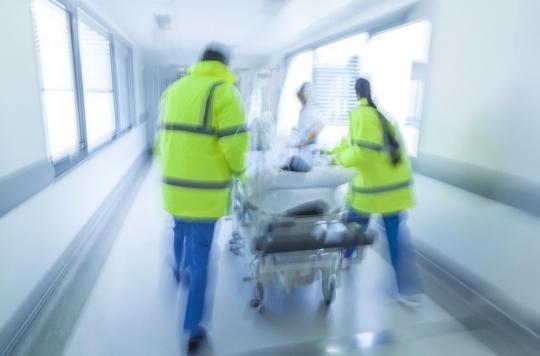
Nurses who can perform certain medical acts, direct admission for the elderly, video assistance between Ephad and Samu… While a strike movement shakes up the public emergency sector for nearly six months, Agnès Buzyn unveiled her plan on Monday, September 2 to “improve the situation”.
Visiting the Poitiers University Hospital, the Minister of Health announced a series of “measures that work, which are consensual (and) reported from the field” as part of the mission entrusted in June to the head of the Paris Samu, Pierre Carli , and to the deputy (LREM) of Charente Thomas Mesnier. “We need to find a basic solution, not just to treat the symptom, this fever felt at the level of emergency activity,” she said, awaiting a second series of announcements next week. His promises, however, did not convince the main interested parties.
To “reduce as much as possible the passages of the elderly” to the emergency room, the ministry intends to generalize “direct admission channels”. , promises Buzyn, who also wishes to develop “a video-assistance between nursing homes and the Samu” to avoid hospitalizations for “benign pathologies”. To unclog the Emergency Department, the minister also promises to rely on liberal doctors. Thus, the Samu will be able to send an ambulance to a town office or a health center where a consultation and certain medical examinations can take place without advance payment by the patients.
In order to improve the situation of paramedical personnel, they will now be authorized to make new gestures, such as “prescribing radiology or doing sutures”. This will allow them to receive a “cooperation bonus” of 80 euros net per month. Finally, in the longer term, the new profession of advanced practice nurse, with expanded skills, will be extended to the “Emergency” specialty with initial training from the fall of 2020 and the first graduate caregivers in 2022.
Insufficient measures for strikers
But these announcements were not enough to calm the anger of the strikers. Regarding geriatric regulation, “the problem is that it has no place in geriatrics. We should therefore open beds to make a bridge between emergencies and geriatrics, just like psychiatry for that matter”, explains nurse Anne-Claire Rafflegeau, member of the Inter-Urgences collective, at the origin of the movement, quoted by 20 minutes.
As for remote monitoring between Samu and Ephad, it is not a priority for the collective. “We can rely on telemedicine, but in any case, there is a lack of staff both in the Ehpad and in the Samu. We can operate equipment, but if there is no staff, it won’t go far!”, exclaims Anne-Claire Rafflegeau, recalling also that an elderly and sick patient could have difficulty teleconsulting alone.
And if the fact of training more paramedics seems to please the strikers, they expect more precision. “We are understaffed everywhere and to go on training, you have to be fully staffed. It’s a vicious circle. Advanced practice nurses (IPA), trained to work in emergencies, is one of the avenues that can be mentioned. But we do not know the means, nor the remuneration that these nurses will have, nor their real role and the planning of these trainings”, recalls Rafflegeau, also perplexed as to the idea that the Samu can “play the taxis” to bring patients to private practices.
Agnès Buzyn will receive “all the players in the sector” on September 9
In conclusion, for Inter-Urgences, which has been calling for a moratorium on bed closures, the promotion of trades and the recruitment of 10,000 paramedics on the territory for six months, these announcements are only “crumbs”.
But all is not over. Agnès Buzyn has promised other announcements next week and will meet on September 9 “all the players in the sector”, from unions and hospital federations to representatives of liberal doctors through members of the collective. Depending on this meeting, the latter will organize its general assembly the next day to decide on the continuation of the movement which could continue to grow.
Indeed, several organizations of hospital or emergency doctors announced on Monday “to join the mobilization carried by this collective”. “There is a convergence between medical and paramedical personnel”, because “the difficulties of emergencies are those of the public hospital”, explained in particular Jacques Trévidic, president of Action Praticiens Hôpital (APH), specifying however that it was “not a call to strike”.
On September 11, finally, a demonstration will take place, organized by the CGT. “For years now, Public Services have been eroded by reforms and budgets that deteriorate their functioning and reduce their ability to carry out their missions with the population”, writes the confederation in its leaflet, calling for struggle.
.







